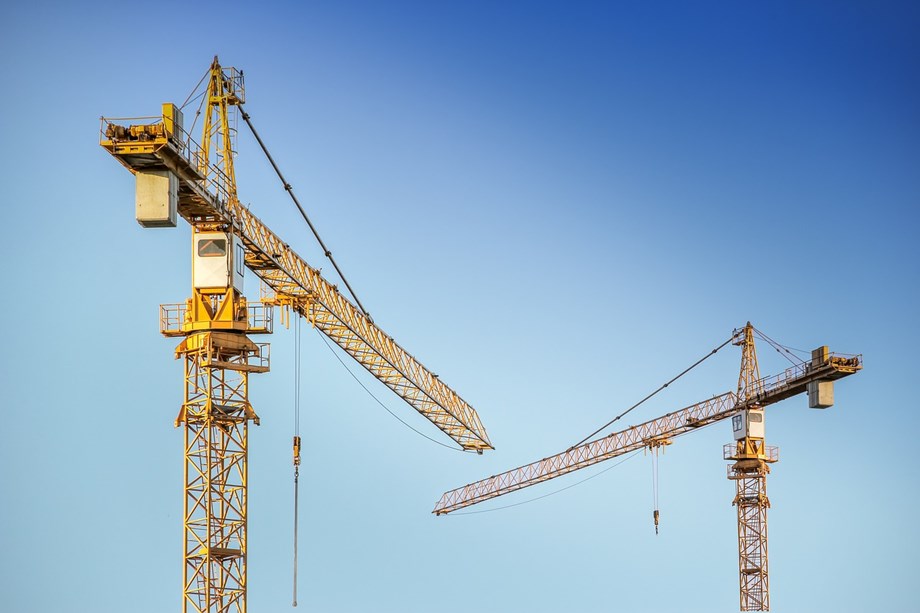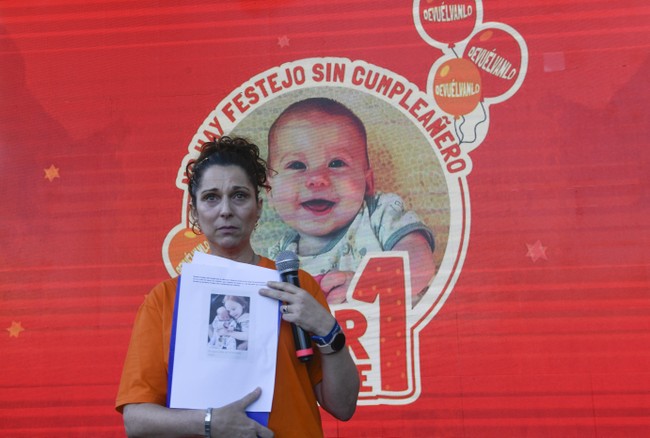Middle East Tensions Escalate Amid Gaza Strategies
Recent developments reveal contrasting strategies over Gaza's future, sparking debates over regional stability, Arab unity, and US involvement. Dive into the complexities shaping foreign policies today.
Published February 18, 2025 - 00:02am

Image recovered from arabnews.com
The Middle East remains a crucible of geopolitical tensions, with recent developments spotlighting the contentious discourse surrounding Gaza. As Arab countries spearhead strategies to counter US policies, the region finds itself at a crossroads. Saudi Arabia, joined by leaders from Egypt, Jordan, and the Gulf States, is at the forefront of a high-stakes summit aimed at crafting a comprehensive reconstruction plan for Gaza. The summit envisions an Egyptian-led initiative, with Arab nations supervising efforts to restore a region left in devastation by prolonged conflict.
Amidst these efforts, global attention has been riveted by a controversial proposal from former US President Donald Trump. Trump suggested the relocation of Gaza's two million residents to surrounding Arab nations, a move that has been fervently contested by Egypt, Jordan, and other regional powers. The proposition is viewed as an infringement on Palestinian sovereignty, with critics wary of its ramifications for Middle Eastern stability.
On the political stage, Israeli Prime Minister Benjamin Netanyahu, in discussions with US Secretary of State Mark Rubio, underscored the steadfast alliance between Israel and the United States. This union aims to deter Iran's nuclear ambitions while countering its regional influence. Netanyahu, while lauding Trump as Israel's most supportive ally, shared aspirations for enhanced Israeli security measures. The dialogue emphasized neutralizing Hamas's military capabilities, ensuring Hezbollah's disarmament by the Lebanese army, and preventing Syrian territory from becoming a base for hostile operations.
The backdrop to these dialogues is marked by years of Israeli-Palestinian conflict. Displacement of Palestinians remains one of the conflict's most enduring legacies, influencing regional dynamics and invoking historical narratives. Arab solidarity, reflecting on these memories, seeks to prevent any further displacement. Meanwhile, speculation stirs over the future political landscape of the Middle East, as Rubio cautiously acknowledged Syria's uncertainties post-Assad's fall, pointing out the dire need for strategic caution as new governance emerges.
The current discourse has rallied Arab nations to forge alternative frameworks for Gaza, aiming to sideline Trump's vision while proposing solutions that respect Palestinian autonomy. A Gulf-led reconstruction fund has been mooted as a financial backbone to such initiatives, aligning with the broader aspirations of restoring stability and peace in Gaza.
Amid escalating tensions and regional diplomatic maneuvers, the humanitarian crisis in Gaza looms large. UN estimates reveal staggering rebuild costs, surpassing $53 billion over three years. Confronted with these figures, the international community acknowledges the urgency of swift and sustainable solutions.
The Middle East's unfolding drama, infused with power dynamics, alliances, and historical grievances, continues to captivate global attention. Central to this narrative is the quest for a viable future for Gaza—a future shaped by the intertwined fates of diplomacy, regional solidarity, and international engagement.







